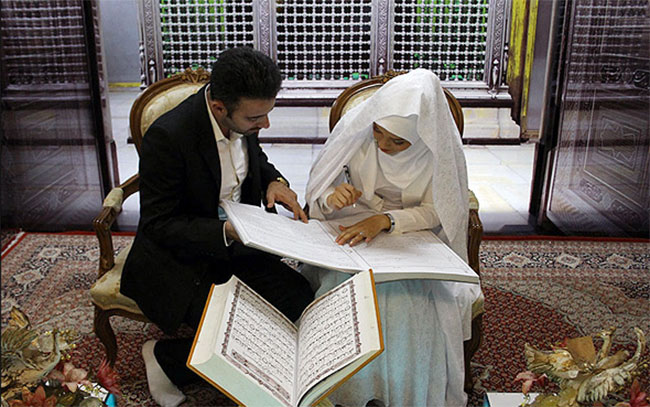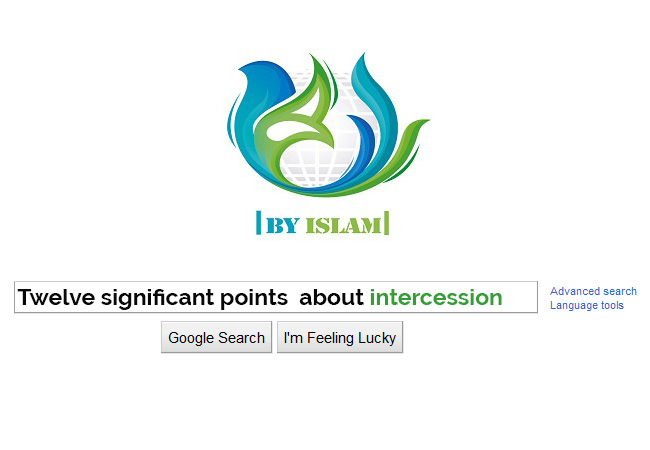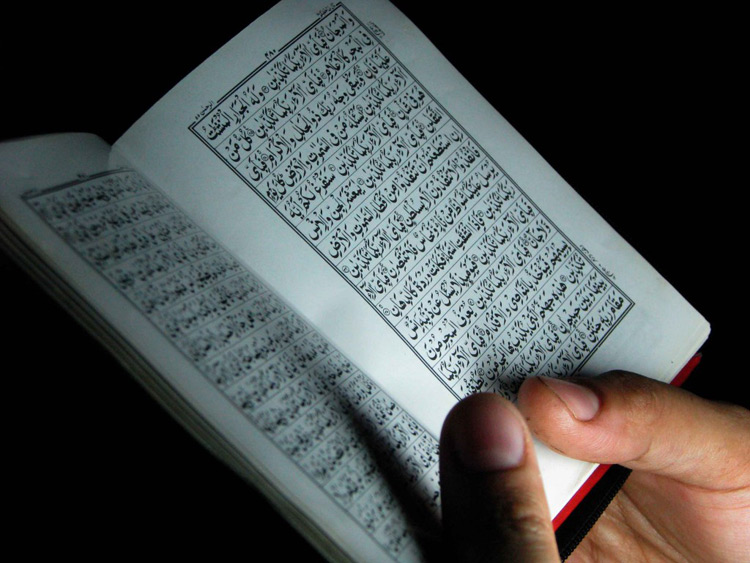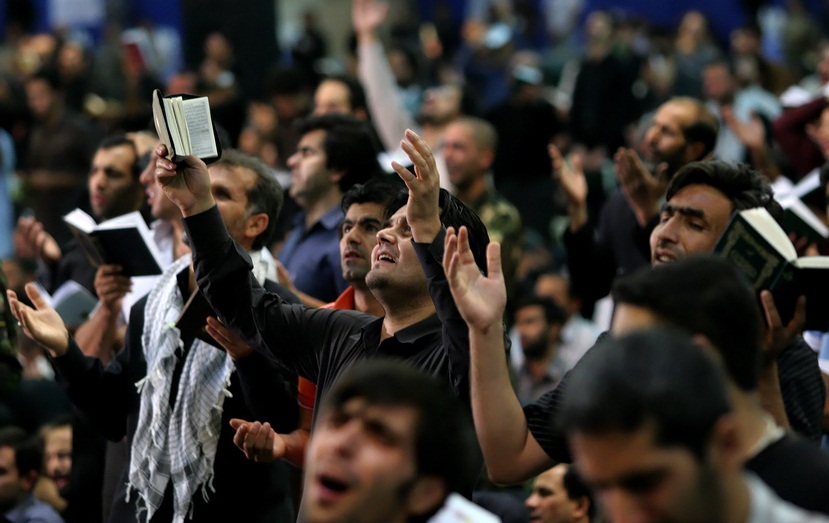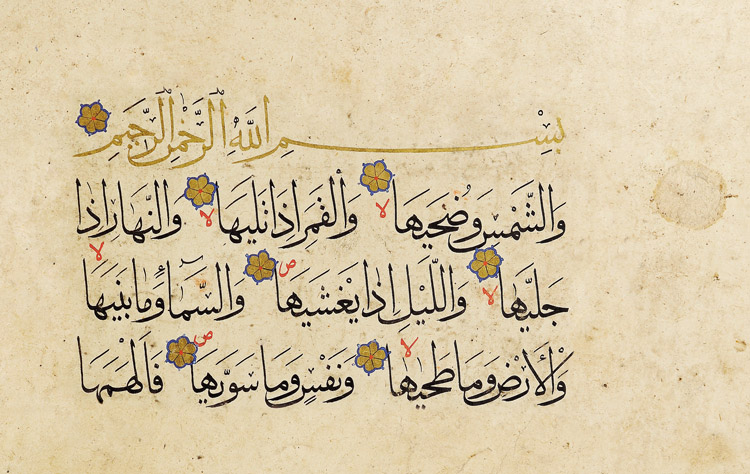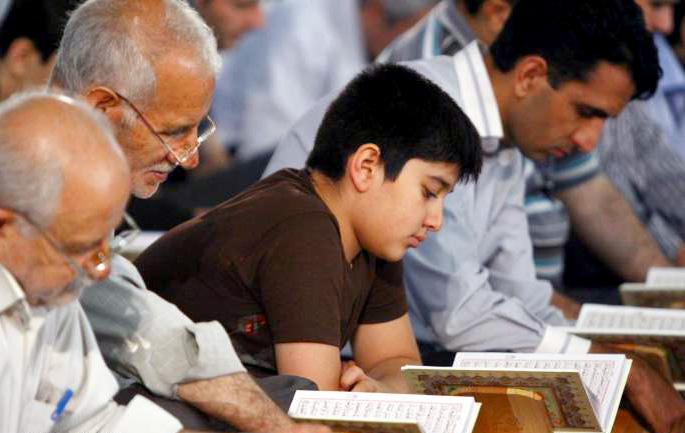 Islamic Medical Wisdom “The Tibb al-A’imma”
Islamic Medical Wisdom “The Tibb al-A’imma”
“The Imams of the Ahl al-Bayt (as), were as concerned with treating the body as they were with treating the soul, and their regard for the soundness of the body was similar to their regard for the refinement of the soul.”
INTRODUCTION
They were physicians of the soul and the body, and Muslims would consult them for their physical illnesses as they would for curing their spiritual sicknesses. This collection of Hadith is ample evidence of that. The Imams, peace be upon them, were not merely conveyors of religious regulations and legislation, but were leaders committed to caring for the Muslims, equally concerned-if such a term is correct-with the health of their bodies and their beliefs, such that they encouraged the learning of medicine (al-.tibb). In his comprehensive statement on the divisions of knowledge, ‘Ali b. Abi Talib (d. 40/661) Amir al-Mu’minin, peace be upon him, combined it [medicine] with the knowledge of jurisprudence (al-fiqh), saying: ‘There are four kinds of knowledge: jurisprudence for religions, medicine for bodies, grammar for languages, and [study of] the stars to recognize the seasons. Much has been related from the Imams in collections [of Hadith] on medicine and preserving good health, just as there are more descriptions of various remedies related from them. Here for the reader are a small number of their sayings which are general rules for preserving health and physical well-being:
Amir al-Mu’minin said to his son, al-Hasan [b. Ali b. Abu Talib (d. 49/669)], peace be upon him: ‘Shall I teach you four general principles so that you may have no need of medicine?’ Al-Hasan replied: ‘Yes indeed, Amir al-Mu’minin.’ He said: ‘Do not eat unless you are hungry, cease eating while you still have a desire to eat, chew your food well, and, after you awaken from sleep, relieve yourself. If you practice these measures, you will not require medicine,
Amir al-Mu’minin Imam Ali, peace be upon him, also said: ‘The Qur’an contains a verse which sums up all medicine: “Eat and drink but do not be prodigal.” (Qur’3n 7:31) Zarr b. Hubaysh said that ‘Amir al-Mu’minin related four statements on medicine which, had they been uttered by Galen and Hippo crates, a hundred pieces of paper would have been decorated with their words. These were: ‘Guard against the cold (al-bard) at its onset, and face it at its end, for its effect on the body (al-badan) is similar to its effect on trees. Its onset withers them and its end causes them to leaf. ,
He also said: ‘There is no healthiness with gluttony.’ Al-Baqir [the fifth Imam, Abu Jafar Muhammad b. Ali (d.117/73 5)], peace be upon him, said: ‘The medicine of the Arabs is of seven kinds: cupping (al-hujjama), administering clysters (al-ltuqna), steam baths (al-hammam), inhaling medications through the nose (al-suut), vomiting (al-qay}, taking honey (al-asal), and, the final remedy, cauterization (al-kayy). Some-times, added to that is [the application of] lime (al-nura).’
Al-Sadiq [the sixth Imam, Abu Abd Allah Jafar b. Muhammad (d. 148/765)], peace be upon him, said: ‘If people eat moderately, their bodies will be healthy. ‘ He also said: ‘Three things make a person fat, and three things make him lean. As for those that make one fat, they are an excess of steam baths, smelling sweet scents, and wearing soft [i.e. fine] clothes. Those that make one lean are the excessive eating of eggs (al-bay {l), diarrhea (al-ishal), and filling the belly (al-butn) with food.’
Abu Haffan-Yuhanna b. Masawayh, the well known Christian physician-related that Jafar b. Muhammad, peace be upon him, had said: ‘The natural constituents (al-taba’i) [of the body] are four: blood (al-dam), which is the slave -and sometimes the slave kills the master; wind (al-rih), which is the enemy-if one door is closed to him he comes to you from another; phlegm (al-balgham), which is the king, and endeavors to deceive; and bile (al-mirra), which is the earth when it shakes, it shakes those on it.’ Ibn Masawayh [also] said: ‘ Ali drew upon what Galen felt to give this description. ,
Al-Sadiq, peace be upon him, said: ‘Walking causes the patient to suffer a relapse. When my father [i.e. al-Baqir] fell ill, he was dressed and carried to fulfill his need, that is, to perform the ablution (al-wudu’). , He would say: “Walking causes the patient to suffer a relapse. “,
AI-Kazim [the seventh Imam, Abu al-Hasan Musa b. Jafar (d. 183/799)], peace be upon him, said: ‘Stay away from the treatment of physicians (al-atibba) as long as you are well, for it is similar to building-a little of it leads to much.’ He also said: ‘ Abstaining from certain foods (al-lahmiyya) is the chief medication. The abdomen (al-maida) is the house of illness. Accustom [the body] to what you are used to.’
Abul-Hasan, peace be upon him, said: ‘There is no medication which does not stir up an illness, and there is nothing more beneficial for the body than withholding from it all except what it requires.
Imam Reza [the eighth Imam, Abu al-Hasan Ali b. Musa (d.203/818)], peace be upon him, said: ‘Had the dead person been massaged, he would have lived. Why did you disclaim that?’
They, peace be upon them, said: ‘ Avoid medications as long as your body can bear the illness. When it cannot bear the illness, then take medications.
These are some of the things mentioned by the Imams, peace be upon them, regarding medical treatment, and they summarize the general principles and fundamentals of pre-serving health. Cautioning against gluttony is the basis of treatment, moderation in eating according to the needs and soundness of the body, the requirement for rest and calm after suffering from an illness, abstaining from certain foods, accustoming the body to routine, cautioning against using medications without need and more than is necessary explaining the natural constituents and elements of the body and, in fact, even pointing to artificial respiration, etc., is all general medical advice and does not apply to a particular individual or country, or to a particular era.
The medical treatments related from the Imams in this book of ours, and others, contain medical preparations and prescriptions of specific proportions and particular qualities. They sometimes deal with particular cases, observation of the condition of the patient, the climate {al-.taqs} of his province and the soil {al-turba} of the place where he lives. The answer of one of the Imams in reply to the patient’s question, and the medication, may have been given after considering the above-mentioned points. This is a matter which should be taken into account, since variations in the climate and seasons of different countries require specific treatments for certain patients. For example, it would not be correct to use a medical treatment of the same proportion and quality for a hot country as for a cold country, and vice versa. That, then, may have been the reason for the variations in some medical prescriptions, or in the ones whose significance is not known. Our distinguished ancient and modern scholars have mentioned that. Here are some of their statements on the subject for the reader:
It is narrated that the two al-Sadiqs [the Imams Ja’far al-Sadiq and Musa al-Kazim], peace be upon them, explained the statement of Amir al-Mu’minin, peace be upon him, that ‘The abdomen is the house of illness, abstaining from certain foods is the chief medication, and each body is accustomed to its conditioning’ [as meaning that] something which may be beneficial for an illness which affects certain people in one region may kill others in the same region who use it for that some illness. What is suitable for people with one habit is not suitable for those whose habits differ, etc.”
 The religion of Islam has one of the most comprehensive eating and dietary habits and one even wonders as to why all the strict rulings. This is true because the stomach is one of those bodily organs that is largely unstable in electrical terms and when there is over-eating or there is junk food ingested, this over-stresses the stomach and the organs concerned with digestion become chemically and electrically at fault. The resulting faults in the surrounding energy would not only cause alimentary and digestive disorders, but also mental disorders. Such a person would have weak and low charge energy surrounding him making him more vulnerable to unsteady fields of energy.
The religion of Islam has one of the most comprehensive eating and dietary habits and one even wonders as to why all the strict rulings. This is true because the stomach is one of those bodily organs that is largely unstable in electrical terms and when there is over-eating or there is junk food ingested, this over-stresses the stomach and the organs concerned with digestion become chemically and electrically at fault. The resulting faults in the surrounding energy would not only cause alimentary and digestive disorders, but also mental disorders. Such a person would have weak and low charge energy surrounding him making him more vulnerable to unsteady fields of energy.
